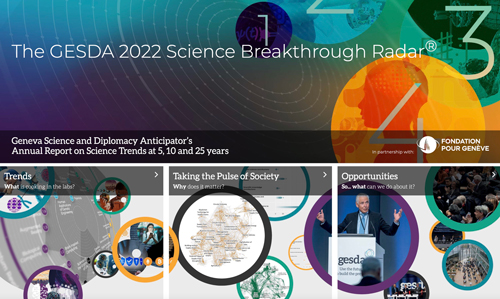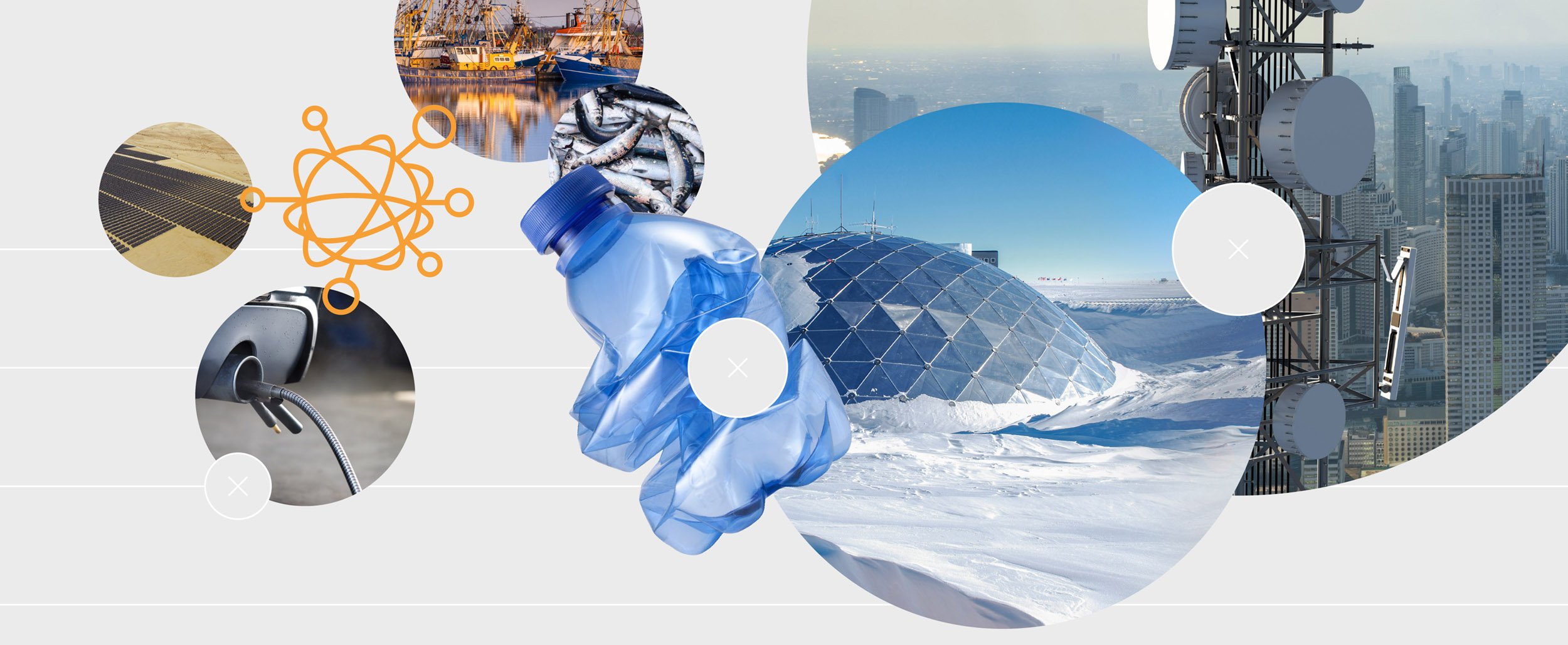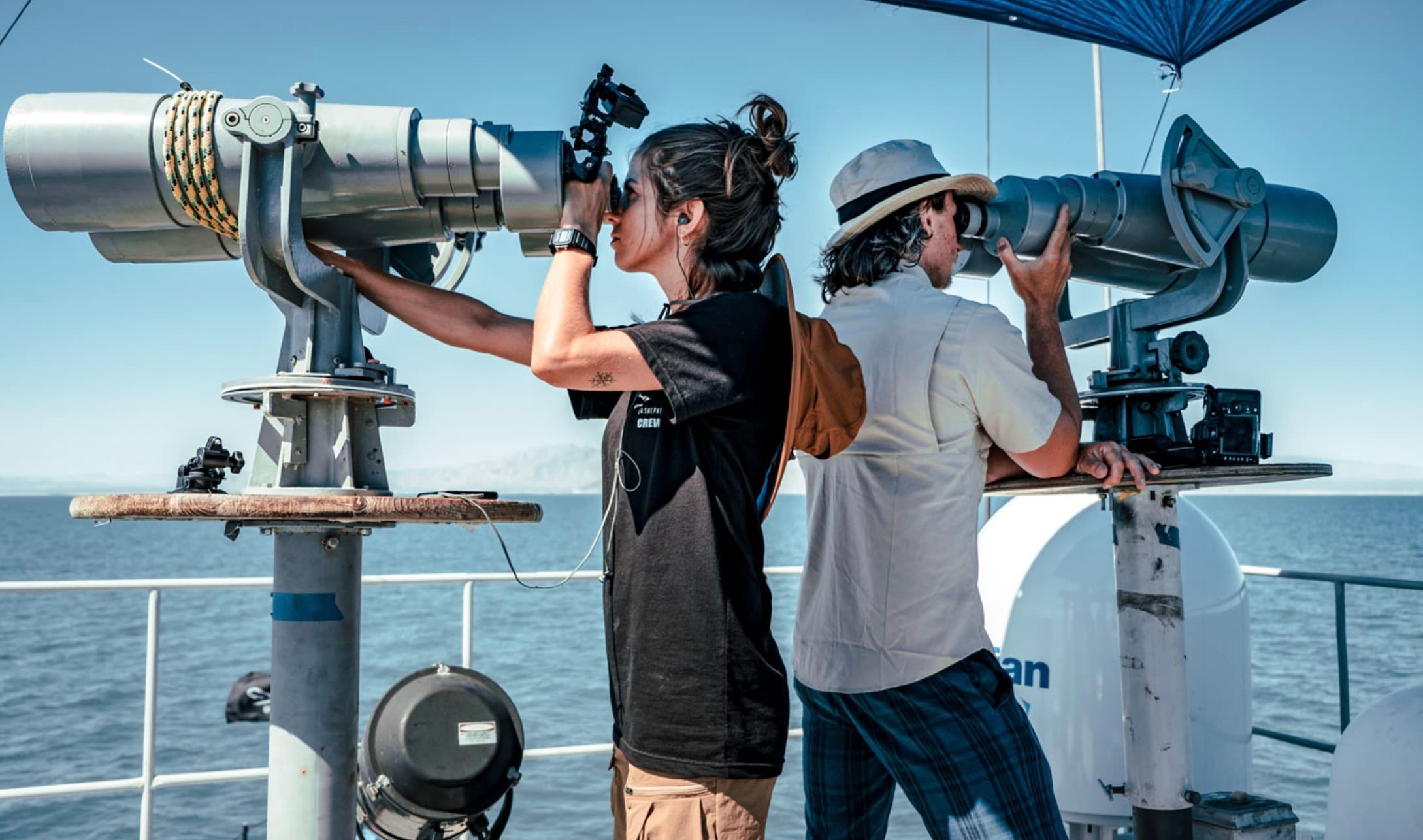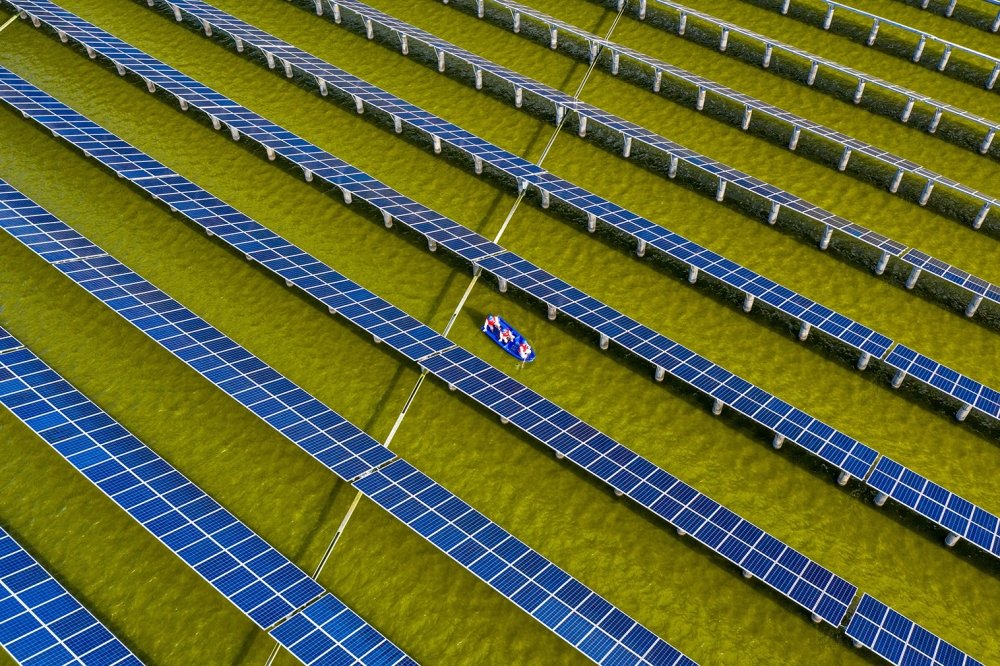Science is certainly affected by conflict. The war in Ukraine, for example, has hindered some collaborations between scientists of different nations. Because of Russia’s geographical position, these stymied collaborations are having direct effects on Arctic science, and are likely to affect protections against exploitation of Arctic resources.
Historically, science diplomacy has helped to minimise the damage to scientific progress caused by conflict, helping relocate German scientists to Europe and America before and during the Second World War, for example. It is notable that the European Research Council is attempting to find scientific research work for Ukrainian scientists fleeing the current conflict. Some have argued that the same could be done for Russian scientists looking to relocate. In fact, a scientific diaspora could prove a useful resource for international science diplomacy, since scientists tend to create resilient networks based on research interests rather than national interests.
Science has recently become part of broader policies of sanctions between nation states, as technology has become an interestingly important element of successful economies. For example, students and faculty from certain states are no longer free to exchange with China or Russia. This can be seen as a weaponisation of international science cooperation where it is used as a hard power. This raises important questions of where and how science diplomacy will be deployed in the future. More positively, science diplomacy has found a role in a number of approaches in Syria to help minimise the effects of conflict, and collaborations between US and Cuban meteorologists helped bring the two nations closer together. This suggests that it may be possible for scientists — working with science diplomacy resources — to become drivers of positive change, shaping global research to give more equitable benefit from the outcomes of science.





